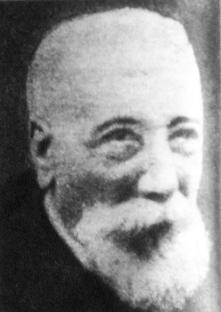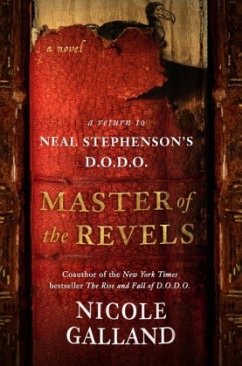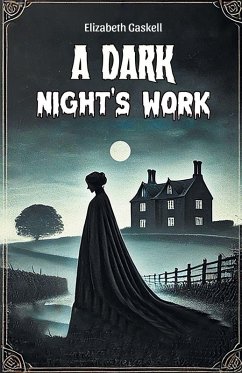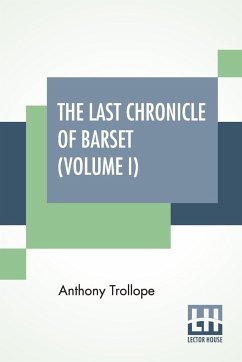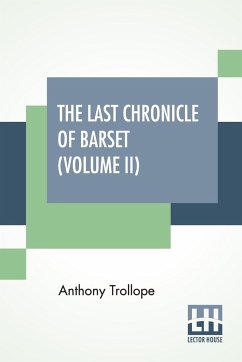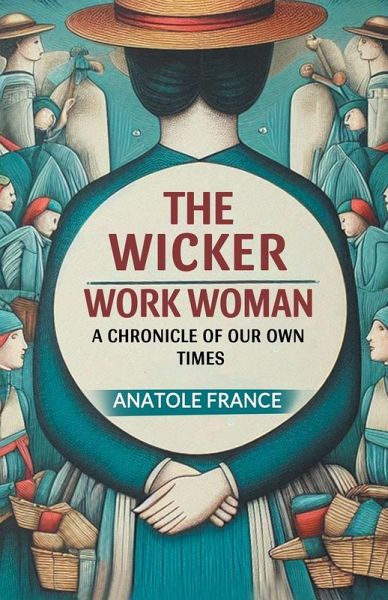
The Wicker Work Woman A Chronicle of Our Own Times
Versandkostenfrei!
Versandfertig in 1-2 Wochen
13,99 €
inkl. MwSt.
Weitere Ausgaben:

PAYBACK Punkte
7 °P sammeln!
The Wicker Work Woman: A Chronicle of Our Own Times explores themes of personal dissatisfaction, introspection, and societal critique. The narrative delves into the inner turmoil of a literature professor who is disillusioned with both his personal and professional life. The novel addresses the tension between individual desires and societal expectations, highlighting how personal fulfilment and identity often clash with the roles assigned by society. Through the protagonist's reflections on the classical world and his own mundane existence, the novel critiques the monotony of life and the soc...
The Wicker Work Woman: A Chronicle of Our Own Times explores themes of personal dissatisfaction, introspection, and societal critique. The narrative delves into the inner turmoil of a literature professor who is disillusioned with both his personal and professional life. The novel addresses the tension between individual desires and societal expectations, highlighting how personal fulfilment and identity often clash with the roles assigned by society. Through the protagonist's reflections on the classical world and his own mundane existence, the novel critiques the monotony of life and the societal norms that perpetuate discontent. It also touches upon the glorification of war, offering a critical examination of how society idealizes conflict. Ultimately, the novel underscores the complexities of personal identity, the human longing for meaning, and the pervasive influence of societal pressures. Through introspection and social critique, it presents a deeper understanding of the struggles between personal aspirations and the constraints imposed by society.




